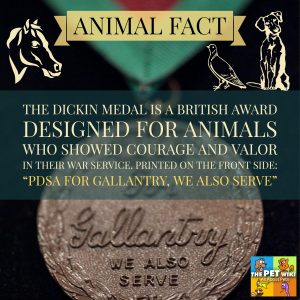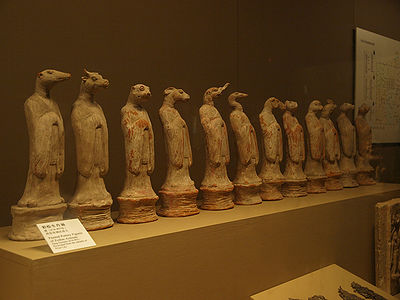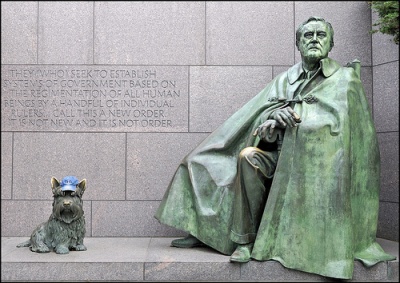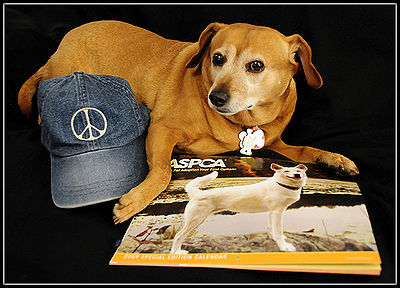 During World War II, a British woman named Maria Dickin felt that animals should be rewarded for their courage and service during wartime.
During World War II, a British woman named Maria Dickin felt that animals should be rewarded for their courage and service during wartime.
Appalled at the living conditions of the poor in London’s East End, Ms. Dickin, a wealthy socialite was even more concerned for the animals living there. Conditions were even worse for the horses, donkeys, goats, rabbits, dogs, cats, who were thin, sickly, crippled, injured, disease-ridden. Owners could barely scrape enough to feed and care for their families leaving no money left to care for the animals.
When Ms. Dickin lost her beloved Yorkshire Terrier to illness, she thought of the East End animals’ suffering and was determined to help them.
In 1917 Ms. Dickin founded The People’s Dispensary for Sick Animals (PDSA) in the basement of a building. PDSA provided veterinary care free of charge. People lined up with their animals seeking care for them. It was so successful that between 1921 and 1935, PDSA expanded to other parts of England and into other countries. PDSA provided hospitals, dispensaries and even mobile vans to travel throughout the countryside, serving those who could not travel.
When World War II was in progress, Ms. Dickin’s concern turned to the animals taking part in the war. She felt that these brave creatures should be honored with a medal equal to those that humans receive for heroism. And so, in 1943, Ms. Dickin created the Dickin Medal for animals who showed courage and valor in their war service.
The medal is a large bronze piece, which has printed on the front, “PDSA for Gallantry, We Also Serve.” The back of the medal is inscribed with the details of how the award was earned. The ribbon attached to the medal is striped dark brown, pale blue and green representing earth, water and air, symbolic of the army, navy, civil defense and air force.
The first recipient of the Dickin Medal was a mixed breed dog named Bob. He served in an infantry unit in Africa. Upon hearing a strange noise, Bob refused to move. In doing so, his unit was alerted that enemy troops were in the vicinity, saving those he served.
Only one cat has so far received the Dickin medal. Named Simon, his job was to catch rats on the HMS Amethyst. In spite of being injured and in pain, Simon continued his work, saving the ship’s food supply.
In 2014, a horse named Warrior received an honorary Dickin medal on behalf of all the animals who served in World War I.
Up until the present, 32 pigeons, 29 dogs, 3 horses and 1 cat have been the recipients of this highly esteemed medal.



